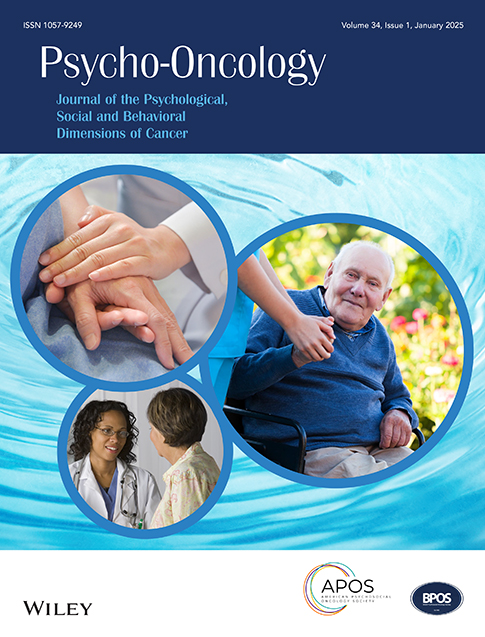Exploration of Body Image in Postoperative Patients With Oral Cancer: An Exploratory Sequential Mixed Methods Study
Funding: This work was supported by the Hunan Normal University undergraduates innovative experiment project and entrepreneurship program (grant number: 2024269), and the open fund project of Hunan Normal University School of Medicine (grant number: KF2022043).
Xiaohui Wang and Chunni Lin contributed equally to this work.
ABSTRACT
Background
Postoperative patients with oral cancer are deeply distressed about their body image. However, their true inner feelings and the factors influencing body image remain unclear.
Aims
This study aims to investigate the experience of body image disturbance in patients 3 months after oral cancer surgery and analyze the influencing factors.
Methods
This study process was divided into three steps: (1) semi-structured interviews, based on the Society Ecosystems Theory, of patients with body image disorders 3 months after oral cancer surgery, followed by theme summaries; (2) appropriate selection of scales according to the qualitative results; and (3) a cross-sectional survey to explore the factors and pathways affecting the body image of the patients.
Results
Qualitative research summarized nine themes from the individual, family/employment, and societal/institutional levels, with the individual level being most commonly mentioned. Further investigation into the individual factors influencing the body image of the patients revealed that self-esteem and social alienation have a chain mediating effect on the relationship between speech handicap and body image.
Conclusions
The body image of postoperative patients with oral cancer is influenced by personal, family, and societal aspects. These study results lay the groundwork for formulating interventions to alleviate body image concerns.
Conflicts of Interest
The authors declare no conflicts of interest.
Open Research
Data Availability Statement
Due to the sensitive nature of the questions asked in this study, survey respondents were assured raw data would remain confidential and would not be shared.




